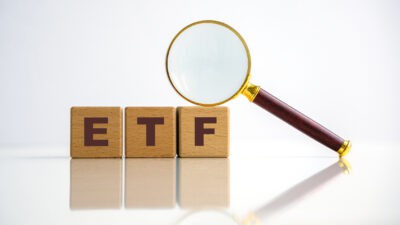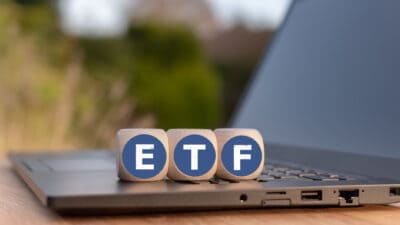The two exchange-traded funds (ETFs) in this article offer diversification to investors.
What is an exchange traded fund?
In the above link is a breakdown of an ETF, but in summary it provides investors exposure to a group of assets or businesses through a single investment. You don't have to go out and buy the 100, 500 or thousands of individual businesses yourself.
This would save a lot on brokerage and it also provides instant diversification. This diversification can supposedly lower risks because if there's a problem with one business (or sector) then the exposure to the other businesses and sectors can mitigate that.
Here are two examples that could give you a lot of diversification:
Vanguard Msci Index International Shares ETF (ASX: VGS)
This ETF is about giving investors exposure to many of the world's largest companies listed in major developed countries. It allows Aussies to participate in the long-term growth potential of international economies outside Australia.
It actually has a total of more than 1,500 holdings that are spread across many countries. Whilst the US makes up just over two thirds of the ETF's portfolio, the following countries account for more than 0.5% each: Japan, the UK, France, Canada, Switzerland, Germany, the Netherlands, Sweden, Hong Kong, Italy, Denmark and Spain.
The biggest holdings are the ones that have the biggest influence on the ETF's overall returns. At the end of November 2020 its biggest positions were: Apple, Microsoft, Amazon, Alphabet, Facebook, Tesla, Johnson & Johnson, JPMorgan Chase, Visa and Proctor & Gamble.
Looking at the sector allocation, IT has the biggest exposure with 22.2%. There's a 13.1% weighting to healthcare businesses, a 12.2% exposure to financials, a 12.2% weighting to consumer discretionary and a 10.8% position in industrials. The other sectors weightings are less than 10%.
Vanguard Msci Index International Shares ETF has an annual management fee of 0.18% per annum. Since inception in November 2014, its net returns per annum have been an average of 12.3%.
VanEck Vectors Morningstar Wide Moat ETF (ASX: MOAT)
This ETF aims to give investors exposure to a diversified portfolio of attractively priced US companies with sustainable competitive advantages, in other words 'wide economic moats', according to Morningstar's equity research team.
The call on attractive valuation is based on the ETF targeting companies trading at attractive prices compared to Morningstar's estimate of fair value.
VanEck Vectors Morningstar Wide Moat ETF has 48 holdings. The biggest 10 positions each have a weighting of at least 2.6%. Those largest exposures are: Applied Materials, Corteva, Charles Schwab, Microchip Technology, Boeing, Compass Minerals International, Aspen Technology, Yum! Brands, Cheniere Energy and American Express.
It has an annual management fee of 0.49% per annum. Over the past five years, the ETF's average return per annum has been 16% – this has outperformed the S&P 500's return of 13.6% over the same time period.
As the name suggests, the entire portfolio is invested in US shares, so there's no diversification in terms of the country of listing, but each individual company will have its own percentage split of domestic and overseas earnings. The underlying earnings aren't 100% American.
In terms of sector allocations, the ones with a weighting of more than 10% in this ETF are: technology with a 22.2% allocation, healthcare with a 18.2% weighting, financials with a 17.1% holding, industrials with a 11.3% weighting and consumer staples with a 10.1% allocation.







